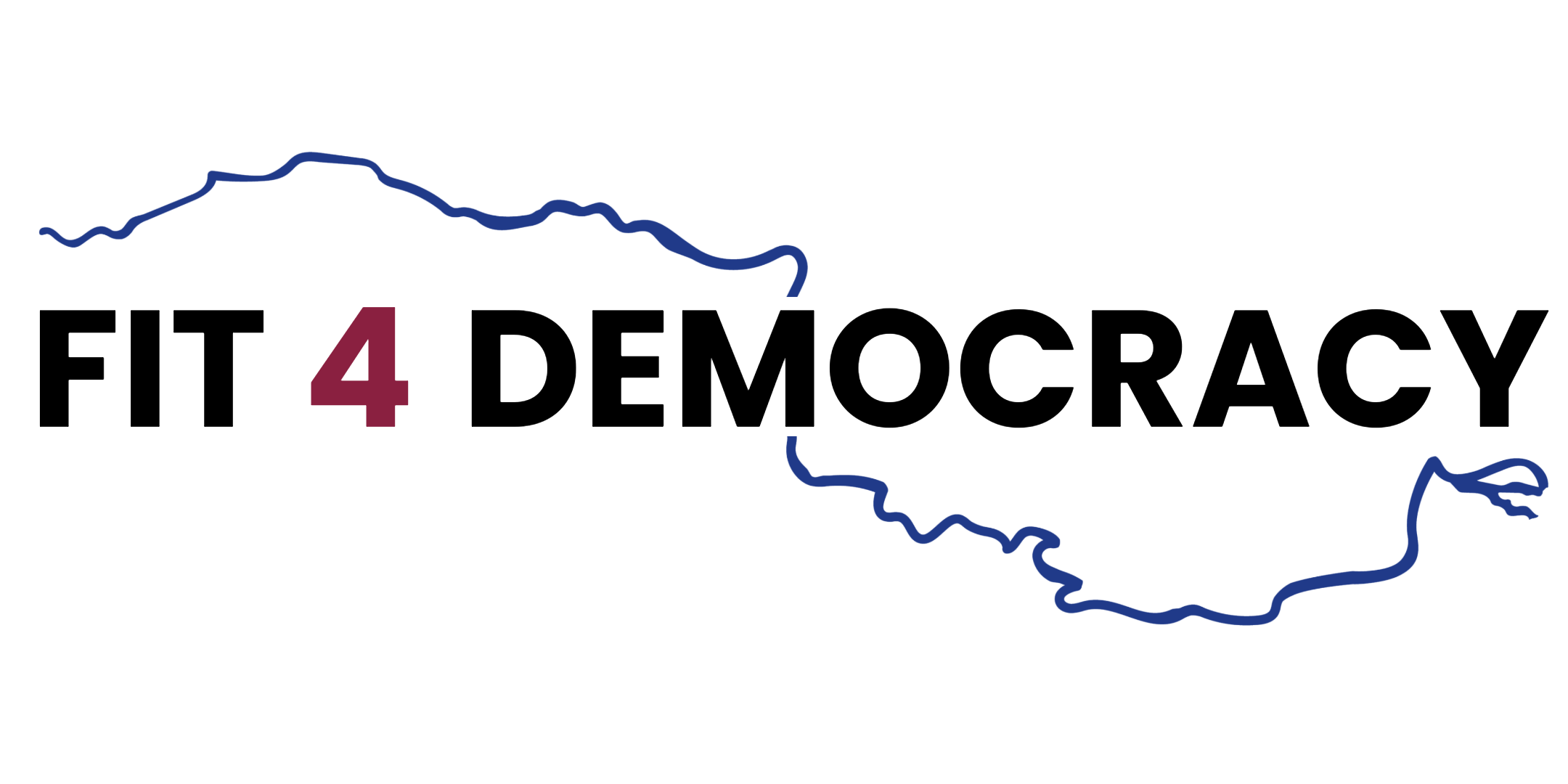Minutes of the Democracy Discussion Meeting
Number of Participants: 26
Countries Represented: Bulgaria, Romania, Germany, Poland, France
The meeting began with a welcome and an explanation of the translation process, allowing participants to switch between Bulgarian and Romanian translation channels. Following this, everyone introduced themselves, and an overview of the evening’s agenda was presented.
A series of democracy-related videos were shown, followed by a discussion on what democracy means to each participant. A survey was presented, prompting reactions and reflections on democracy and its challenges. Participants raised key concerns, including economic disparities affecting access to democratic participation, the rise of fake news, and the difficulties of meaningful debate in modern times. There was a strong interest in discussing how to recognize and counteract manipulation in social and mass media.
Participants were divided into three groups for focused discussions:
Group 1: Explored the threats to democracy and strategies to counter anti-democratic forces. Topics included the need for better political education, making democracy more tangible, and finding ways to engage citizens beyond elections. Concerns were raised about deteriorating debate culture, lack of direct participation, and challenges in maintaining open dialogue in politically unstable regions.
Group 2: Focused on direct participation in democracy, discussing existing initiatives and opportunities in different countries. The role of social media in fostering engagement was debated, as well as risks associated with online activism. The group also examined participation models such as the Cluj participation portal.
Group 3: Discussed ways to protect democracy, how political leaders shape public policy, and the influence of media manipulation. The group proposed practical actions such as writing to newspapers, engaging in local political discussions, and using digital tools to spread awareness.
After reconvening, each group summarized their key takeaways. Further discussions explored why many people feel disconnected from democracy and what methods could be implemented to increase participation. The idea of developing a toolbox for democracy—a collection of best practices and strategies—was introduced. Participants were invited to contribute ideas for the toolbox, including methods for democratic engagement and education.
The session concluded with a discussion on next steps, including online meetings to continue the dialogue, sharing documents and resources, and coordinating schedules for future discussions. Participants expressed enthusiasm for the diverse perspectives shared and looked forward to further exchanges on democracy in different countries.


